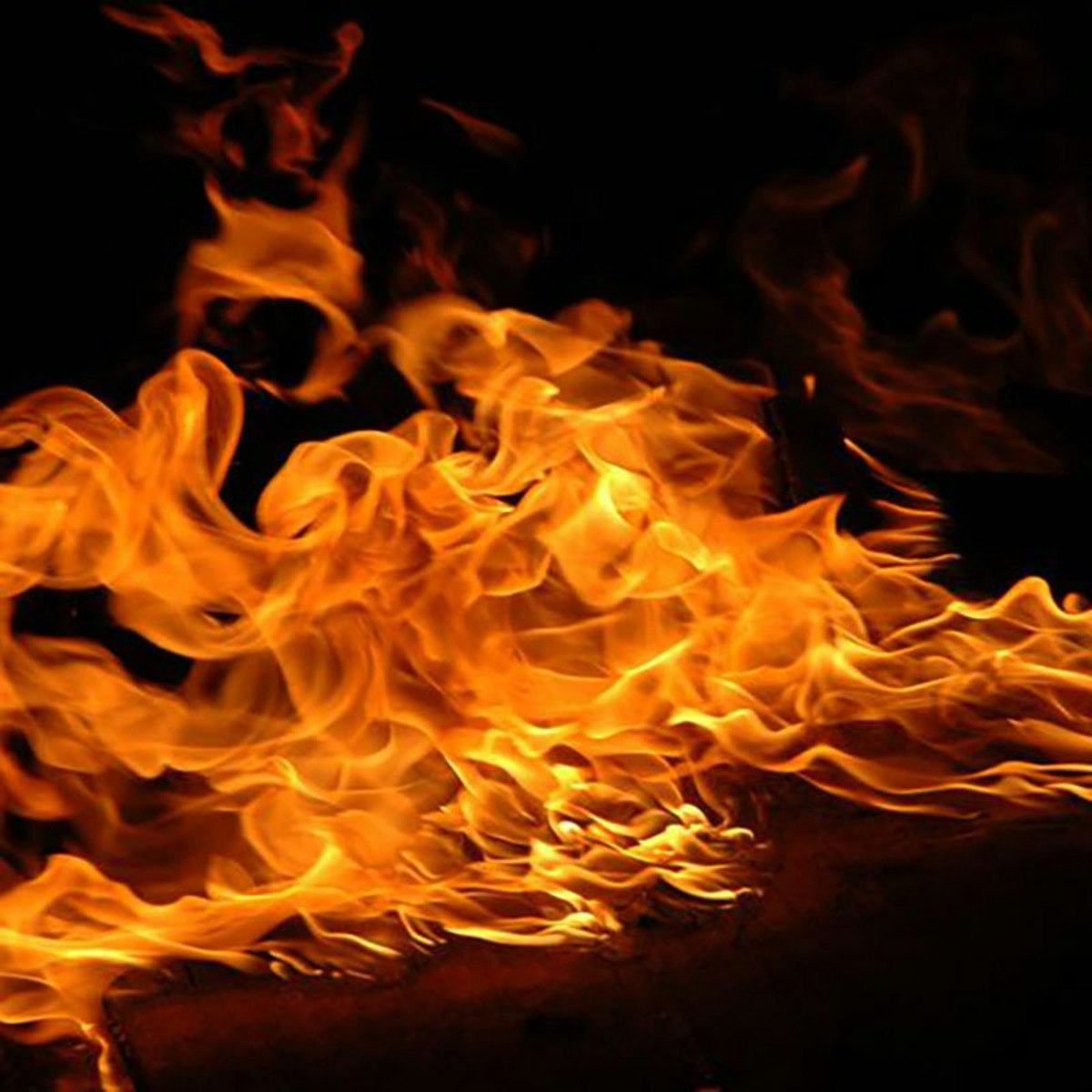
Course 5 of Statistical Thermodynamics explores three different applications of non-equilibrium statistical thermodynamics.
The first is the transport behavior of ideal gases, with some discussion of transport in dense gases and liquids. It starts with simple estimates of the transport properties of an ideas gas. It then introduces the Boltzmann Equation and describes the Chapman-Enskog solution of that equation in order to obtain the transport properties. It closes with a discussion of practical sources of transport properties.
Read more
Course 5 of Statistical Thermodynamics explores three different applications of non-equilibrium statistical thermodynamics.
The first is the transport behavior of ideal gases, with some discussion of transport in dense gases and liquids. It starts with simple estimates of the transport properties of an ideas gas. It then introduces the Boltzmann Equation and describes the Chapman-Enskog solution of that equation in order to obtain the transport properties. It closes with a discussion of practical sources of transport properties.
Course 5 of Statistical Thermodynamics explores three different applications of non-equilibrium statistical thermodynamics.
The first is the transport behavior of ideal gases, with some discussion of transport in dense gases and liquids. It starts with simple estimates of the transport properties of an ideas gas. It then introduces the Boltzmann Equation and describes the Chapman-Enskog solution of that equation in order to obtain the transport properties. It closes with a discussion of practical sources of transport properties.
Spectroscopic methods have become increasingly common as a way of determining the thermodynamic state of a system. Here we present the underlying concepts of the subject and explores how spectroscopy can be used to determine thermodynamic and flow properties.
Chemical kinetics are important in a variety of fluid/thermal applications including combustion, air quality, fuel cells and material processing. Here we cover the basics of chemical kinetics, with a particular focus on combustion. It starts with some definitions, including reaction rate and reaction rate constant. It then explores methods for determining reaction rate constants. Next, systems of reactions, or reaction mechanisms, are explored, including the oxidation of hydrogen and hydrocarbon fuels. Finally, computational tools for carrying out kinetic calculations are explored.
What's inside
Syllabus
Transport Properties of Ideal Gases
Module 1 explores the transport behavior of ideal gases, with some discussion of transport in dense gases and liquids. It starts with simple estimates of the transport properties of an ideas gas. It then introduces the Boltzmann Equation and describes the Chapman-Enskog solution of that equation in order to obtain the transport properties. It closes with a discussion of practical sources of transport properties.
Read more
Syllabus
Good to know
Save this course
Reviews summary
Highly praised thermodynamics course
Activities
Read 'An Introduction to Applied Statistical Thermodynamics'
Show steps
Provide a strong foundation in statistical thermodynamics.
Show steps
-
Obtain the book
-
Read the assigned chapters
-
Complete the exercises
Watch videos on statistical thermodynamics
Show steps
Enhance comprehension of statistical thermodynamics through guided video tutorials.
Browse courses on
Statistical Thermodynamics
Show steps
-
Identify relevant videos
-
Watch the videos
-
Take notes and ask questions
Discuss transport properties of gases with peers
Show steps
Deepen understanding of transport properties through peer discussions.
Show steps
-
Find a peer group
-
Prepare discussion topics
-
Attend and participate in peer sessions
Three other activities
Expand to see all activities and additional details
Show all six activities
Solve spectroscopy practice problems
Show steps
Reinforce understanding of spectroscopy through practice problems.
Show steps
-
Find practice problems
-
Solve the problems
-
Check answers
Practice solving transport property problems
Show steps
Improve problem-solving skills related to transport properties.
Show steps
-
Find practice problems
-
Solve the problems
-
Check answers
Develop a presentation on spectroscopic methods in fluid dynamics
Show steps
Showcase understanding of spectroscopic methods and their applications in fluid dynamics.
Show steps
-
Research spectroscopic methods
-
Identify applications in fluid dynamics
-
Create presentation slides
-
Practice presenting
Read 'An Introduction to Applied Statistical Thermodynamics'
Show steps
Provide a strong foundation in statistical thermodynamics.
Show steps
- Obtain the book
- Read the assigned chapters
- Complete the exercises
Watch videos on statistical thermodynamics
Show steps
Enhance comprehension of statistical thermodynamics through guided video tutorials.
Browse courses on
Statistical Thermodynamics
Show steps
- Identify relevant videos
- Watch the videos
- Take notes and ask questions
Discuss transport properties of gases with peers
Show steps
Deepen understanding of transport properties through peer discussions.
Show steps
- Find a peer group
- Prepare discussion topics
- Attend and participate in peer sessions
Solve spectroscopy practice problems
Show steps
Reinforce understanding of spectroscopy through practice problems.
Show steps
- Find practice problems
- Solve the problems
- Check answers
Practice solving transport property problems
Show steps
Improve problem-solving skills related to transport properties.
Show steps
- Find practice problems
- Solve the problems
- Check answers
Develop a presentation on spectroscopic methods in fluid dynamics
Show steps
Showcase understanding of spectroscopic methods and their applications in fluid dynamics.
Show steps
- Research spectroscopic methods
- Identify applications in fluid dynamics
- Create presentation slides
- Practice presenting
Career center
Spectroscopist
Physicist
Research Scientist
Petroleum Engineer
Thermodynamicist
Toxicologist
Process Engineer
Nuclear Engineer
Aerospace Engineer
Chemical Engineer
Welding Engineer
Mechanical Engineer
Technical Writer
Materials Scientist
Science Teacher
Reading list
Share
Similar courses
OpenCourser helps millions of learners each year. People visit us to learn workspace skills, ace their exams, and nurture their curiosity.
Our extensive catalog contains over 50,000 courses and twice as many books. Browse by search, by topic, or even by career interests. We'll match you to the right resources quickly.
Find this site helpful? Tell a friend about us.
We're supported by our community of learners. When you purchase or subscribe to courses and programs or purchase books, we may earn a commission from our partners.
Your purchases help us maintain our catalog and keep our servers humming without ads.
Thank you for supporting OpenCourser.



